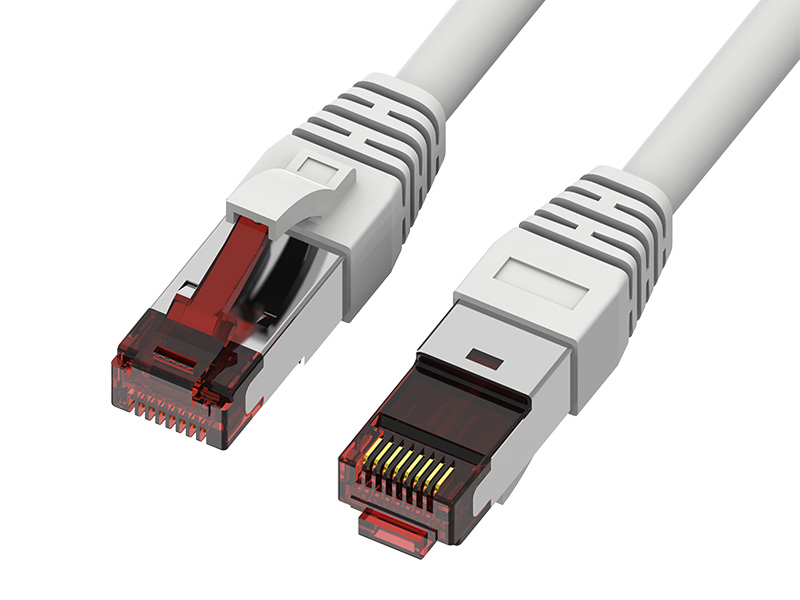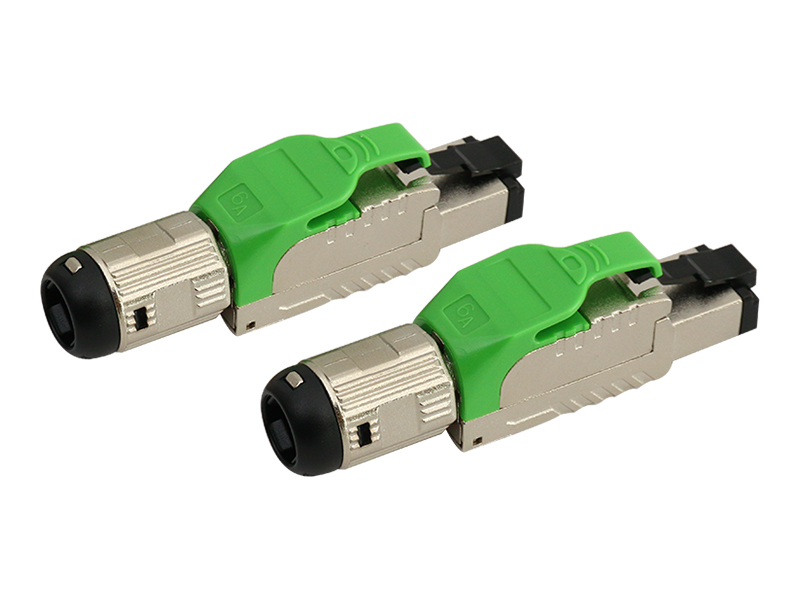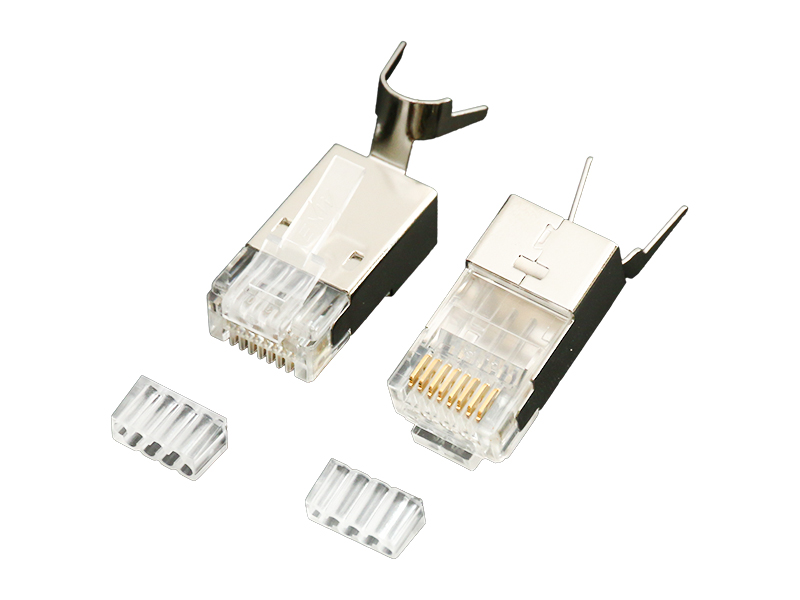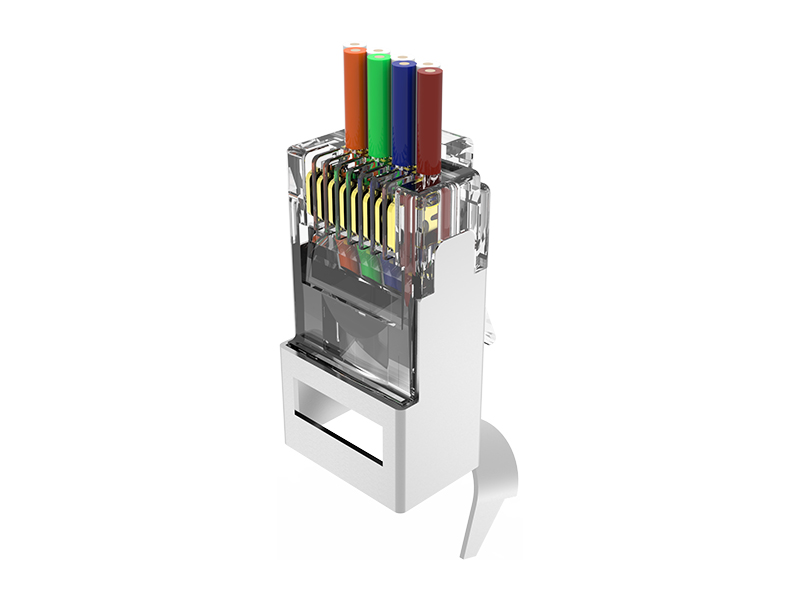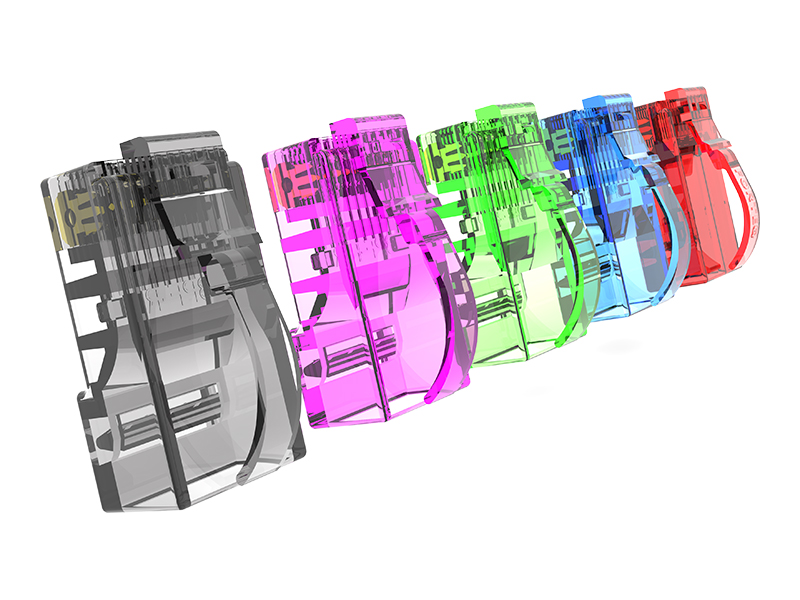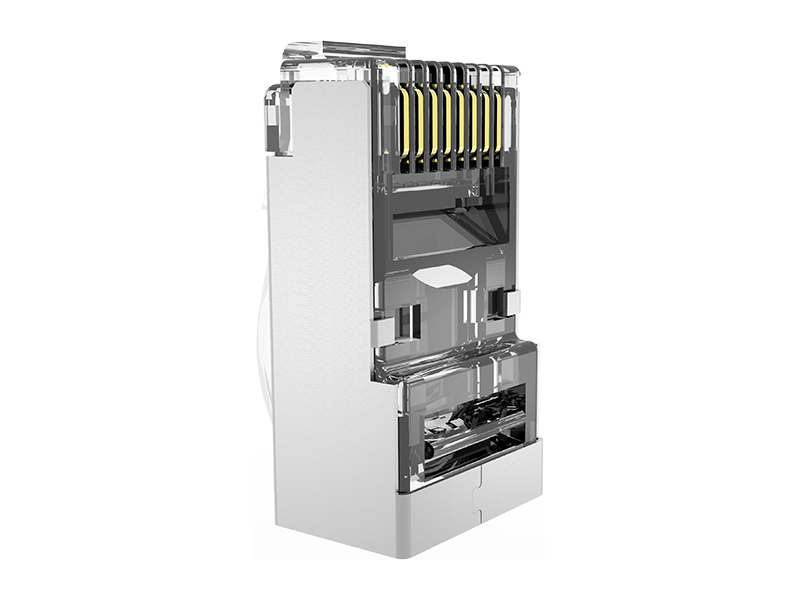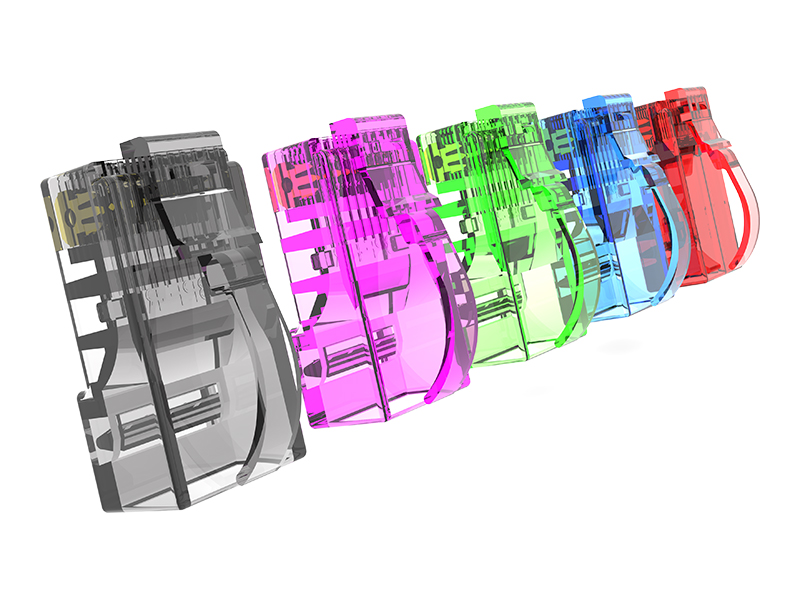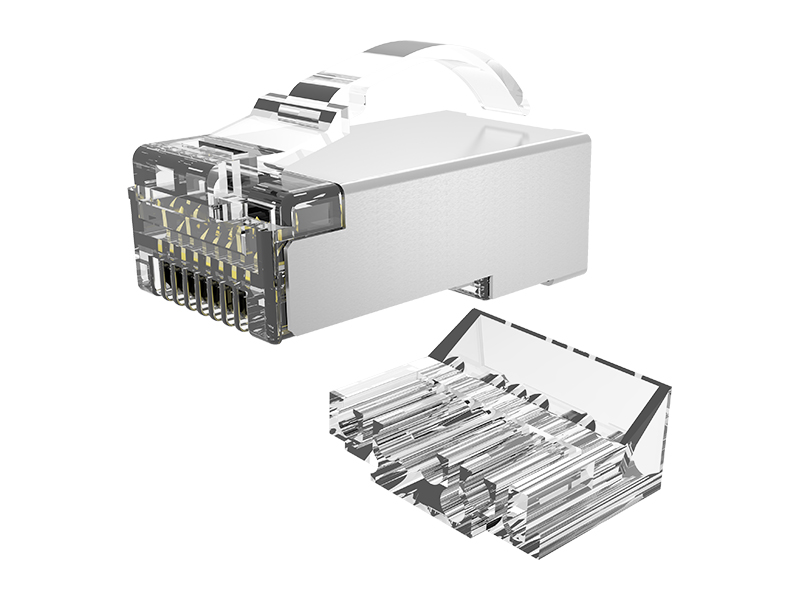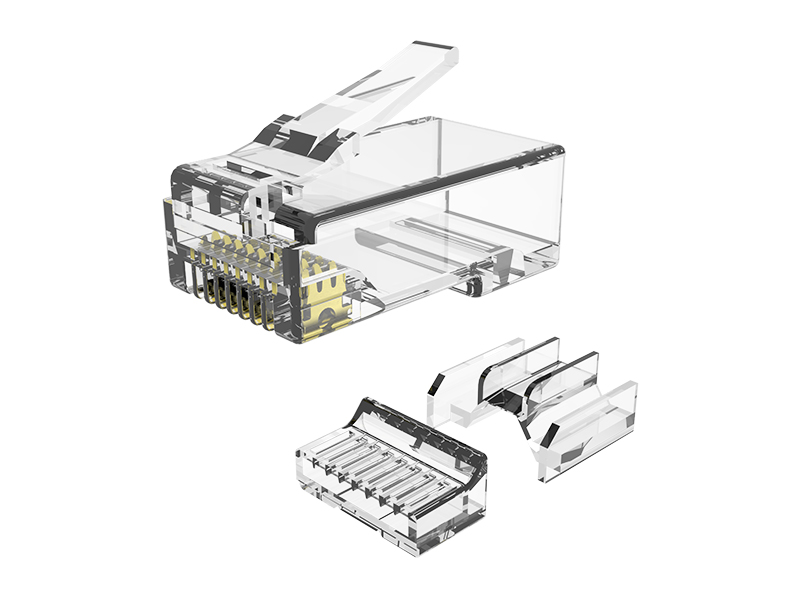When choosing a toolless plug, it is important to consider whether it has safety certification. The following are specific reasons and several aspects that need to be noted:
1. Ensure safe use
Safety certification means that the plug has been tested by a professional organization and has safety performance under specific voltage, current, and usage environments. This can reduce the risk of electric shock, short circuit, or fire caused by plug quality issues.
2. Meet national and regional standards
Different countries and regions have different certification systems for electrical products, such as CCC in China, CE in Europe, VDE in Germany, UL in the United States, etc. Choosing plugs with target market certification can ensure the legal and compliant use of the product.
3. Improve product quality and reliability
Certified plugs are generally more reliable in terms of materials, fire resistance, insulation, and structural design, suitable for long-term and repeated use, and less prone to failure or loosening.
4. Facilitating project acceptance and bidding requirements
In construction, electrical engineering, or industrial projects, having relevant safety certifications is often a mandatory requirement for project acceptance, review, or bidding. Choosing certified plugs can avoid legal or quality disputes during subsequent use.
5. Enhance user trust
For ordinary consumers or end users, seeing a plug with a clear safety certification mark will make them more confident in use, and also reflect the manufacturer's emphasis on product quality and safety.



 中文简体
中文简体 English
English Français
Français Deutsch
Deutsch عربى
عربى

